Pennsylvania parents who are going through a divorce often face a difficult decision when dealing with child custody and visitation, especially when their children are young. Even when they aren’t necessarily the reasons why the marriage is ending, issues such as addiction or a history of substance abuse will be considered by the family court when making decisions about parental rights.
The best interest of the child is the primary consideration of family courts who are hearing these matters. Sustained contact with both parents is known to be one of the most positive things that a child can receive, and the court will move to preserve that relationship to the fullest degree possible.
Substance abuse issues, especially those that have been placed firmly in the past, are not of themselves enough reason to preclude parental rights. The benefits that come to the child from parental contact are the goal of the court. If there are concerns that the parent cannot be trusted fully, then a judge may place restrictions on visitation or custody before cutting it off completely. The parent may be ordered to refrain from driving the children anywhere, or they may have to submit to occasional drug tests to prove that they have abstained. Even supervised visitation is seen as preferable to a complete absence of parental contact.
As time goes on, if the parent proves to be reliable, then some of the more onerous burdens may be lifted. The family court may be persuaded to expand visitation and custody rights, especially if the parent can show that sobriety is being maintained. The assistance of an attorney can be of use to those who need to persuade a court that their current situation is safe and conducive to the raising of children.
Source: Yahoo, “Substance-Abuse History and Other Mysteries of Child-Custody Battles”, Beth Greenfield, July 7, 2015


